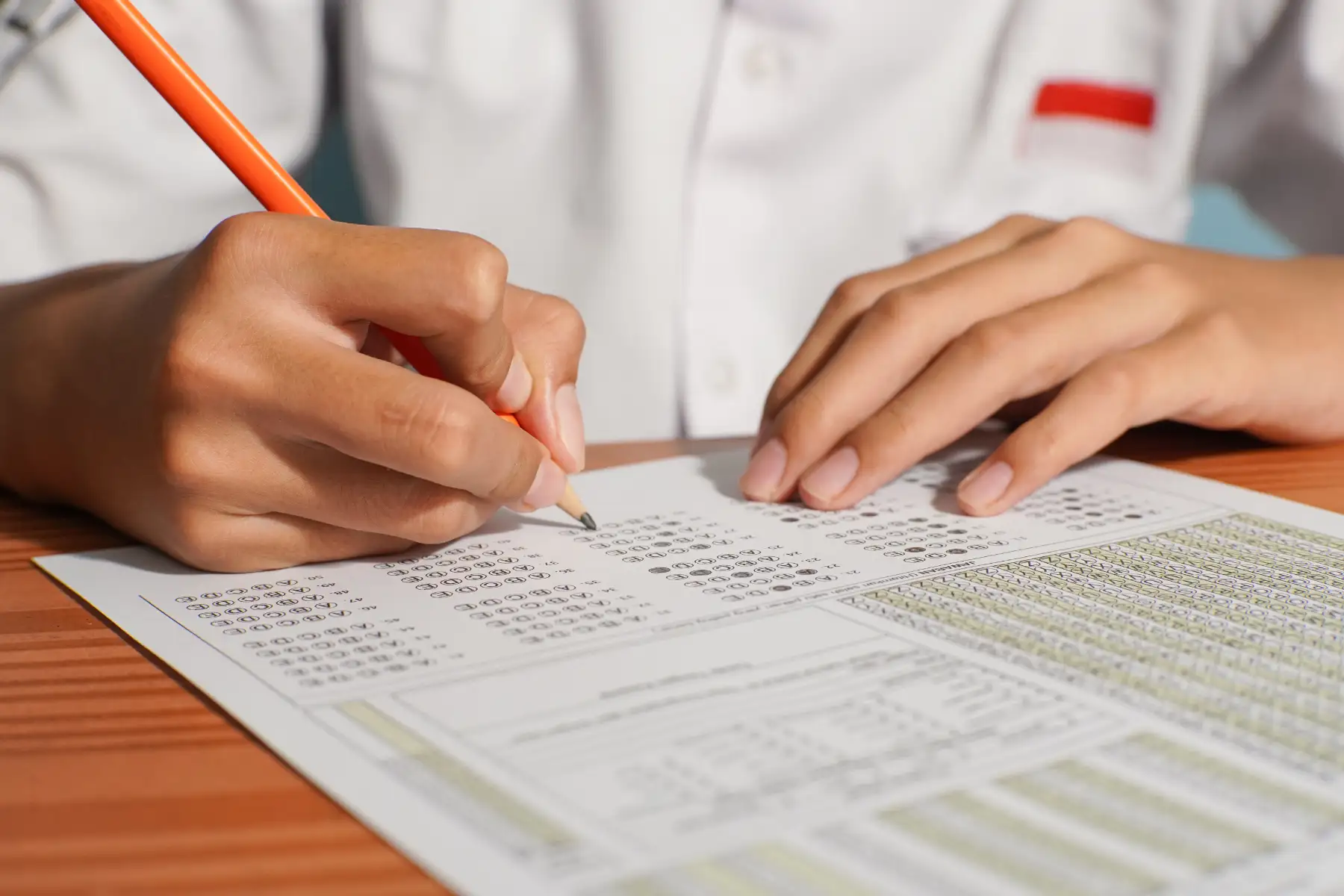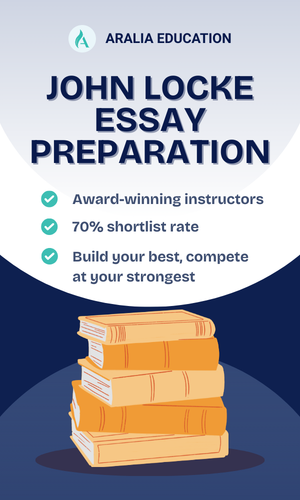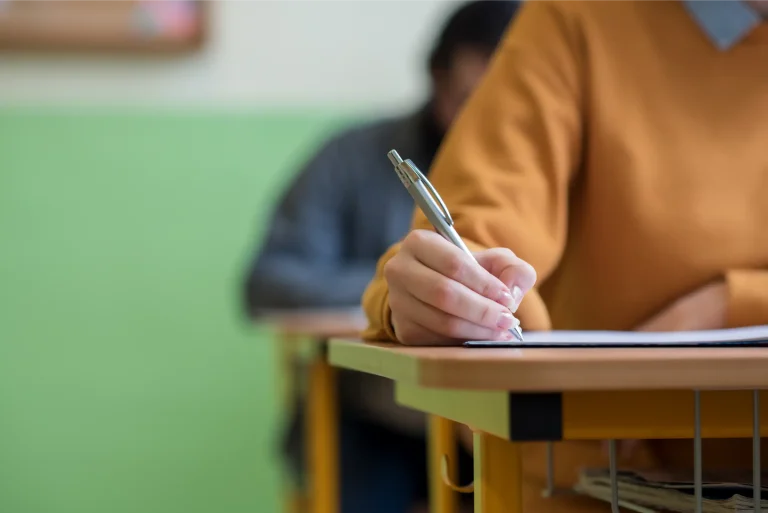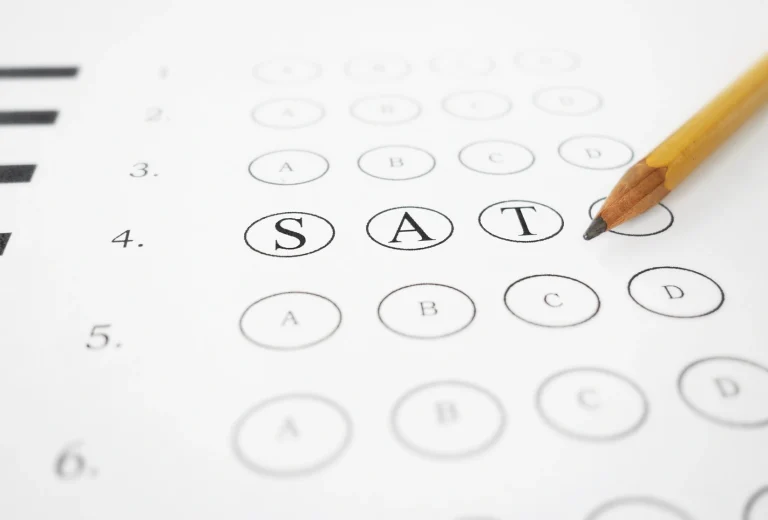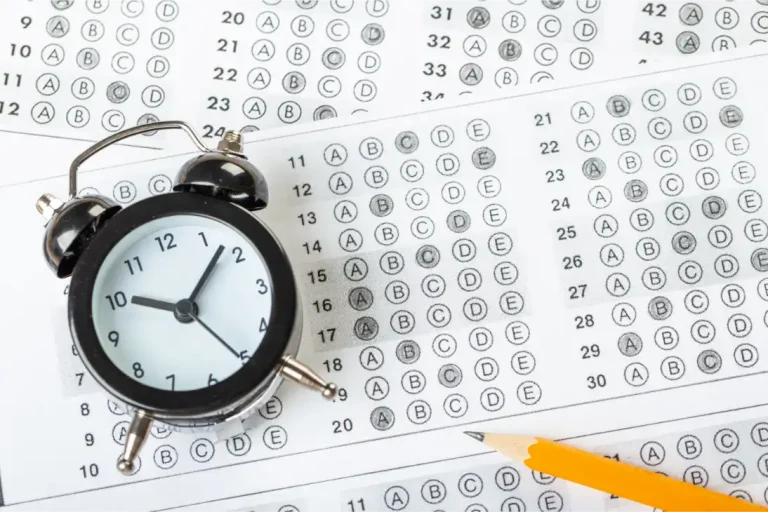When Will GCSE Exams Take Place in 2026?
GCSE (General Certificate of Secondary Education) exams in England, Wales, and Northern Ireland are scheduled to take place from Monday, May 4 to Friday, June 26, according to the UK exam boards. This timeframe includes both core and optional subject exams.
Details about the GCSE exam dates for each subject can be found on AQA here. If that link doesn’t work, visit the BBC’s site here to find information.
Important Contingency Dates
Exam boards* have set aside extra days in case exams need to be rescheduled due to emergencies such as national disruptions or severe weather. These are known as contingency dates and are mandatory for all students to be available. For 2026, the date is Wednesday, June 24, 2026.
* Exam boards (AQA, Edexcel, OCR, CCEA, and WJEC) are organisations that create and mark GCSE exams in the United Kingdom.
It is strongly recommended that students avoid booking holidays or making summer plans until after June 24, as there is always a possibility that exams could be moved to one of these dates.
Ace Your AP Exams with Insider Expertise
When Is GCSE Results Day 2026?
GCSE results will be released on Thursday, August 20, 2026. Most students collect their results in person at school during the morning, typically from 8:00 a.m. onward. Some schools may also send results by email or post if you are unable to attend in person.
Your results will list your final grades in each subject and will help determine your eligibility for sixth form, apprenticeships, college programs, or other post-16 options.
Enhance Your Historical Research Skills with Aralia’s Research Classes
How to Prepare for Your 2026 GCSE Exams
Here are some preparation tips commonly shared by students and educators who have gone through the GCSE process:
1. Start Revising Early
Begin preparing by January or February 2026. Creating a revision timetable helps you stay organized and reduces stress. Early revision gives you enough time to cover all your subjects without feeling rushed.
We recommend that students create a revision timetable that includes each subject, breaks, and review sessions. Remember to prioritize subjects or topics that present challenges to make sure you will be ready when the exam time comes.
2. Use Past Papers and Examiner Reports
Practicing with previous exam papers helps you understand the question formats and timing. Reviewing examiner reports can also teach you what common mistakes to avoid.
Useful resources:
3. Organize Your Study Materials
Use revision cards, mind maps, and interactive tools like BBC Bitesize, Seneca Learning, or Quizlet to help reinforce key topics and definitions.
4. Stay Consistent
Daily review, even for short periods, is more effective than last-minute cramming. Use techniques like spaced repetition to improve memory retention.
5. Plan for Results Day
Think ahead about your next steps. Know what to do if you get the grades you want and what your options are if you fall short. Speak to your school about how to appeal or resit an exam if needed.
GCSEs are an important milestone, and with the proper preparation, they are entirely manageable. Staying organized and consistent with your study habits will put you in a strong position to succeed. Reach out to your teachers or classmates if you need help and take things one step at a time.
Further Reading:
To familiarize yourself with the exam and best prepare for your success, don’t hesitate to reach out to Aralia. We have a network of expert teachers who will help you ace your GCSEs!

